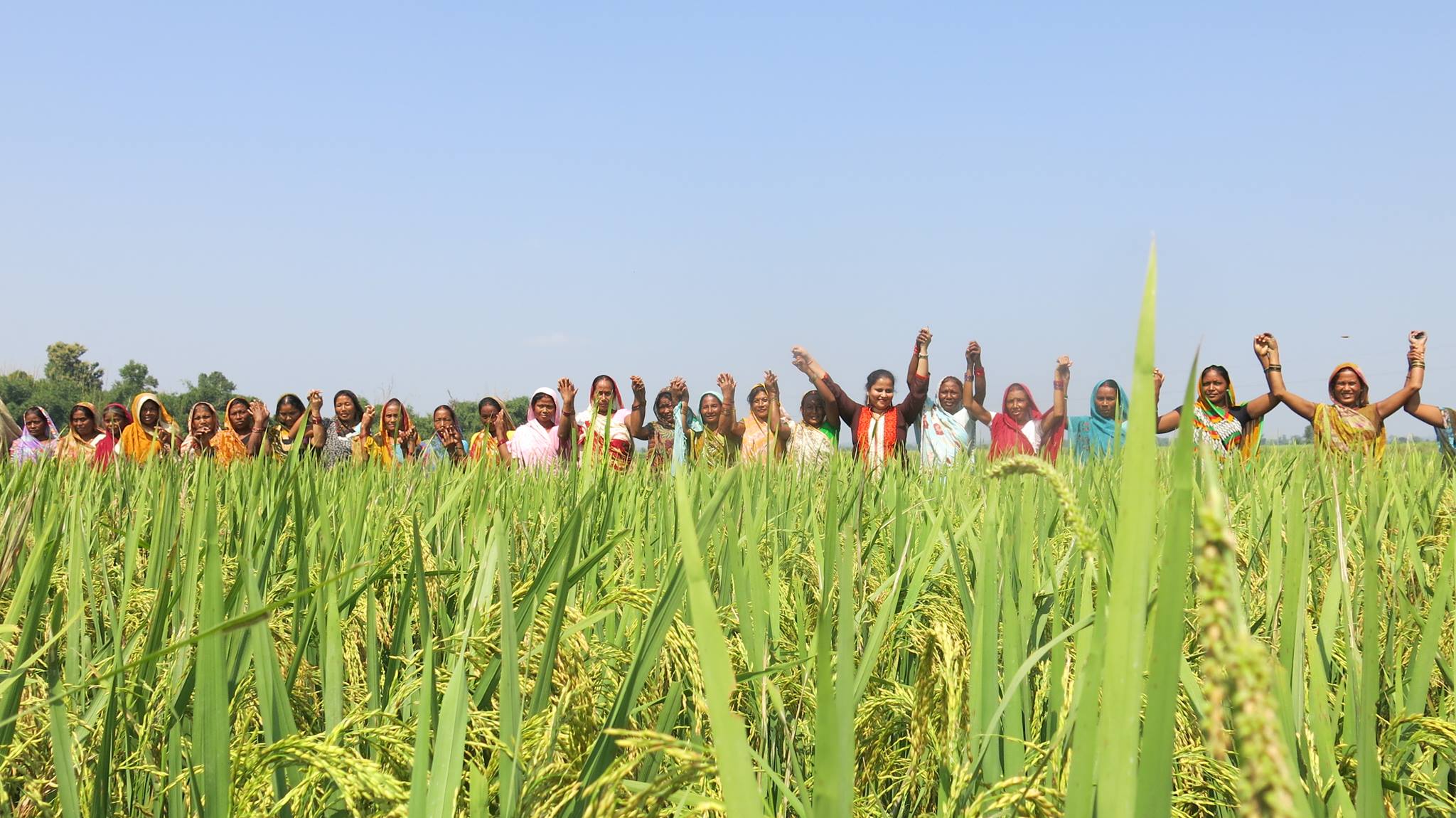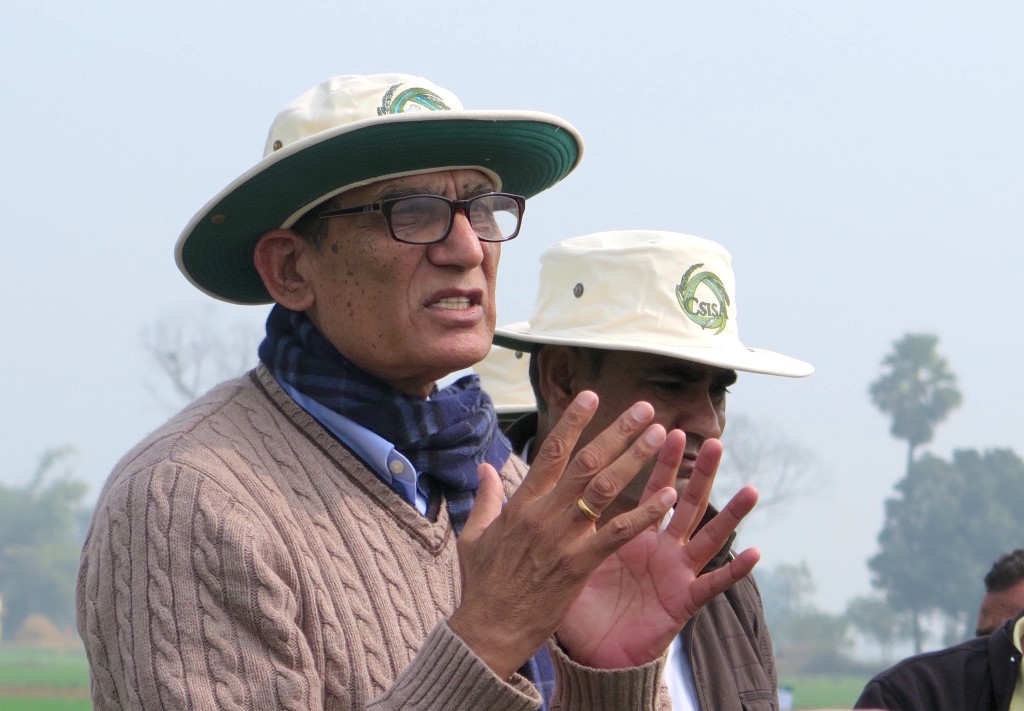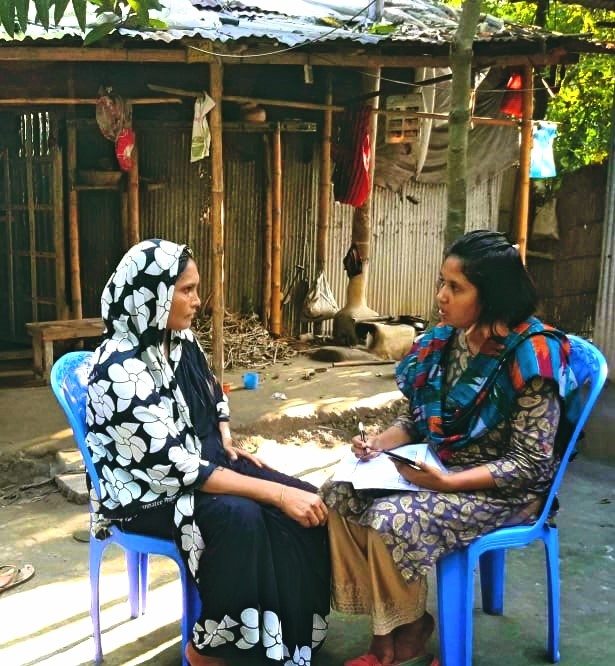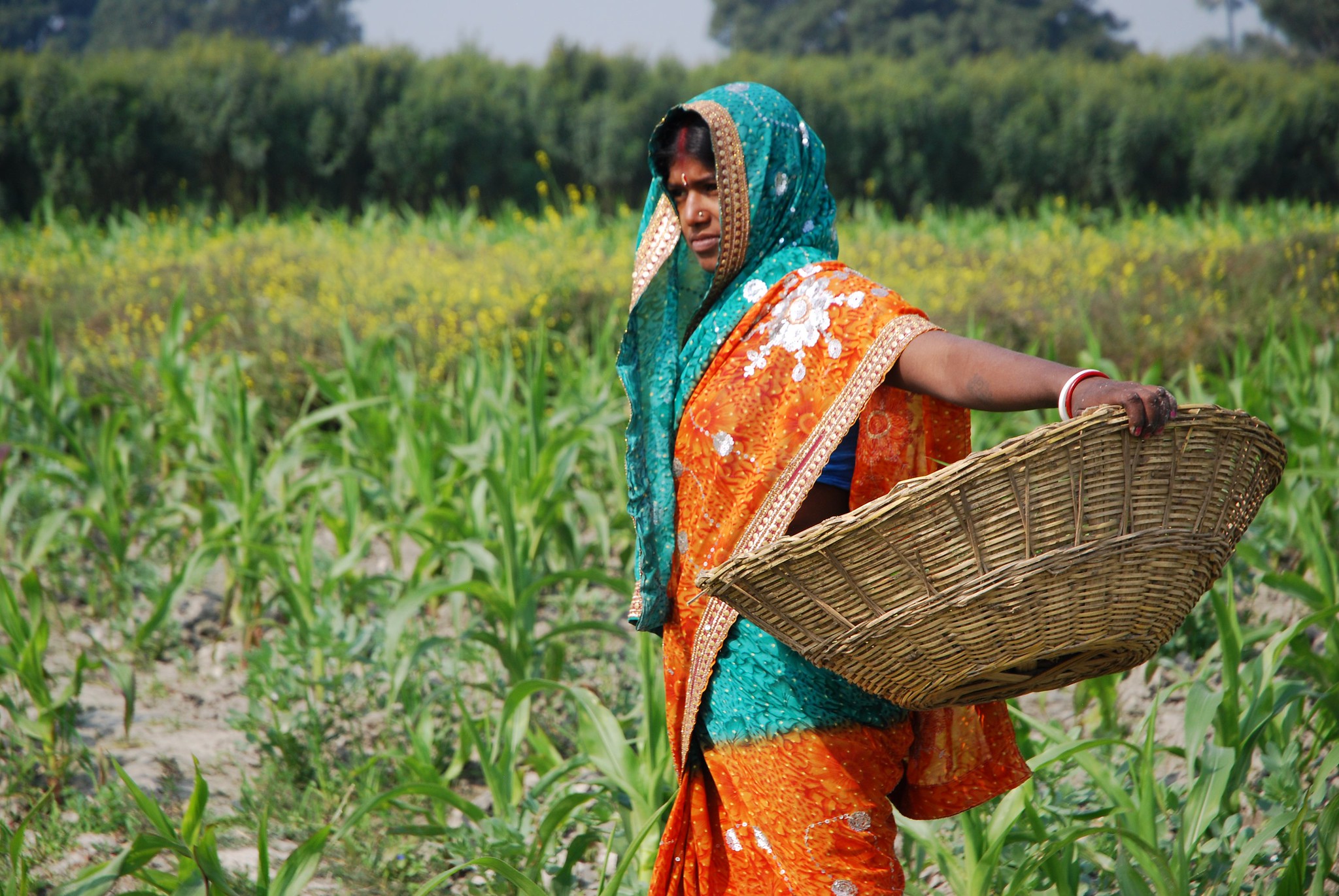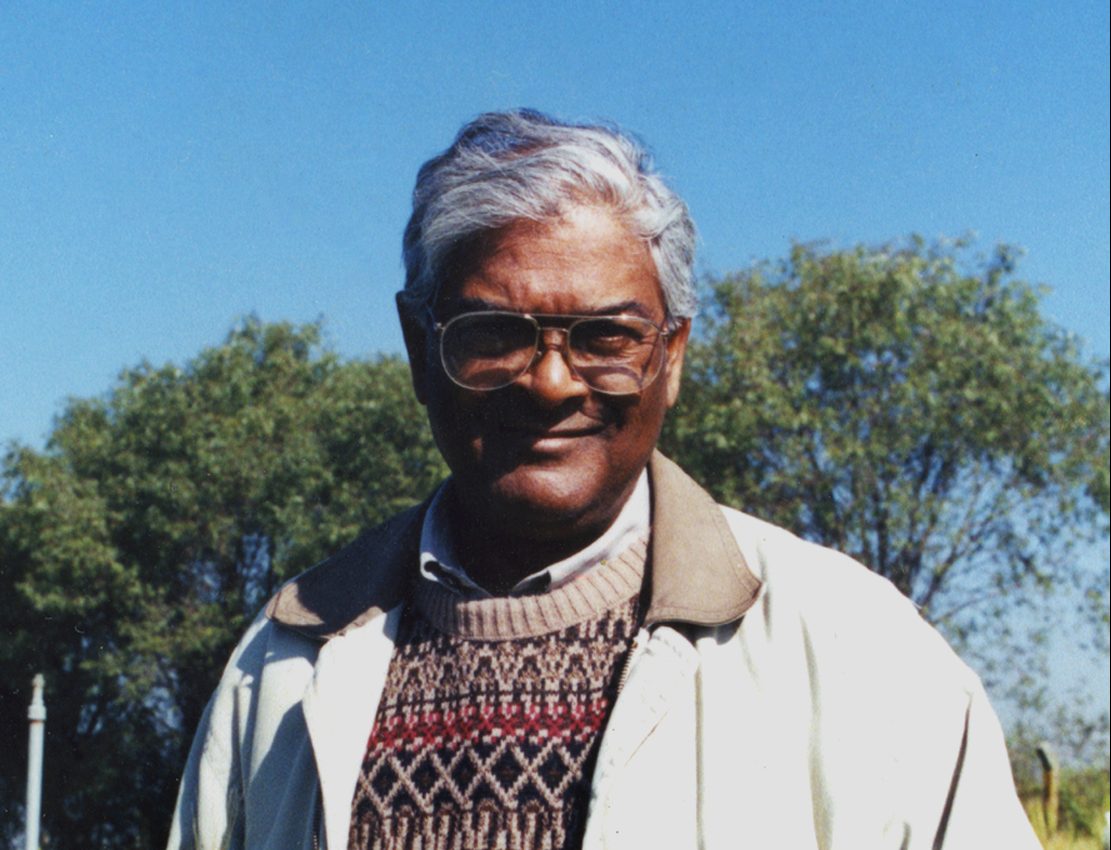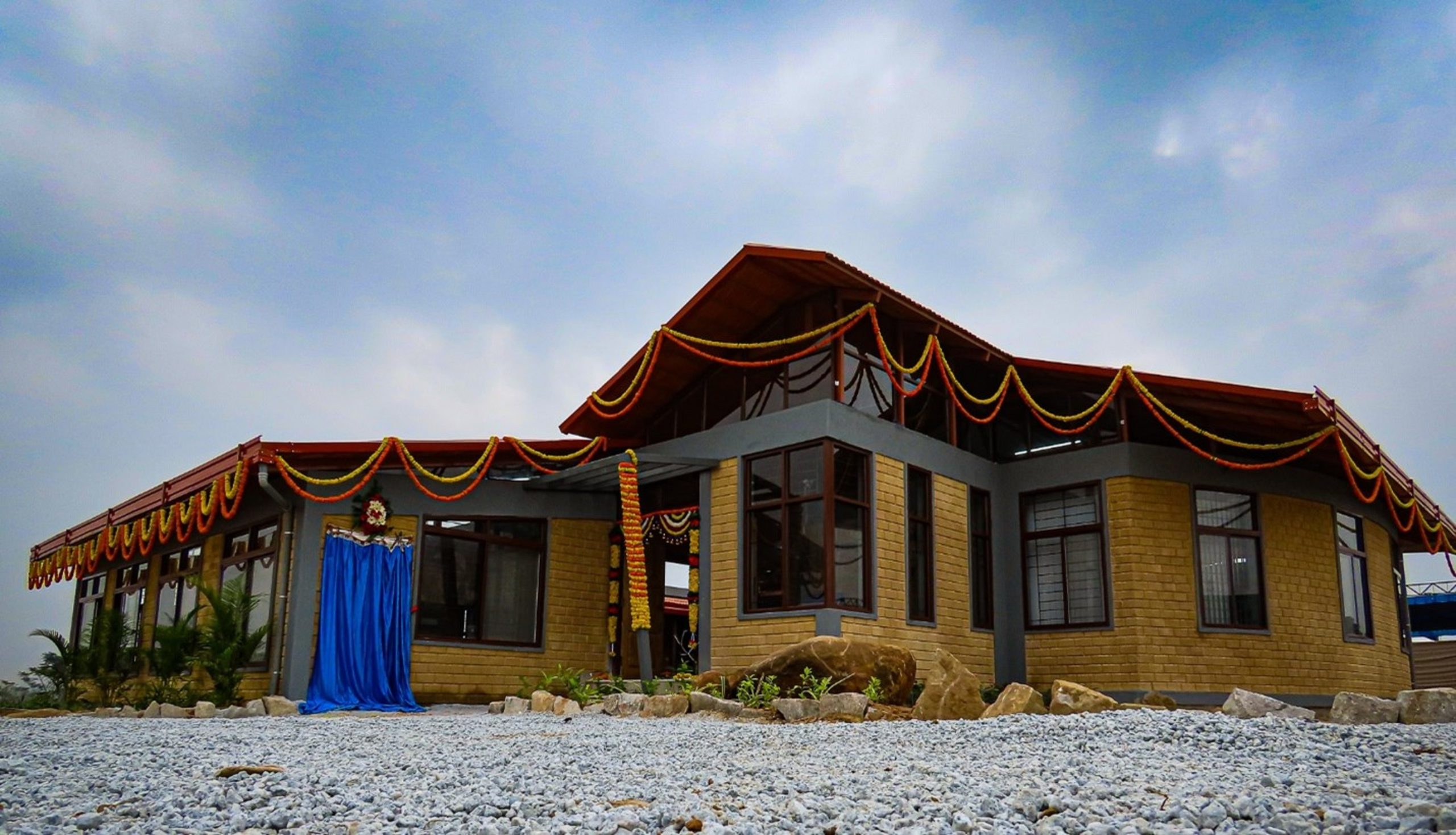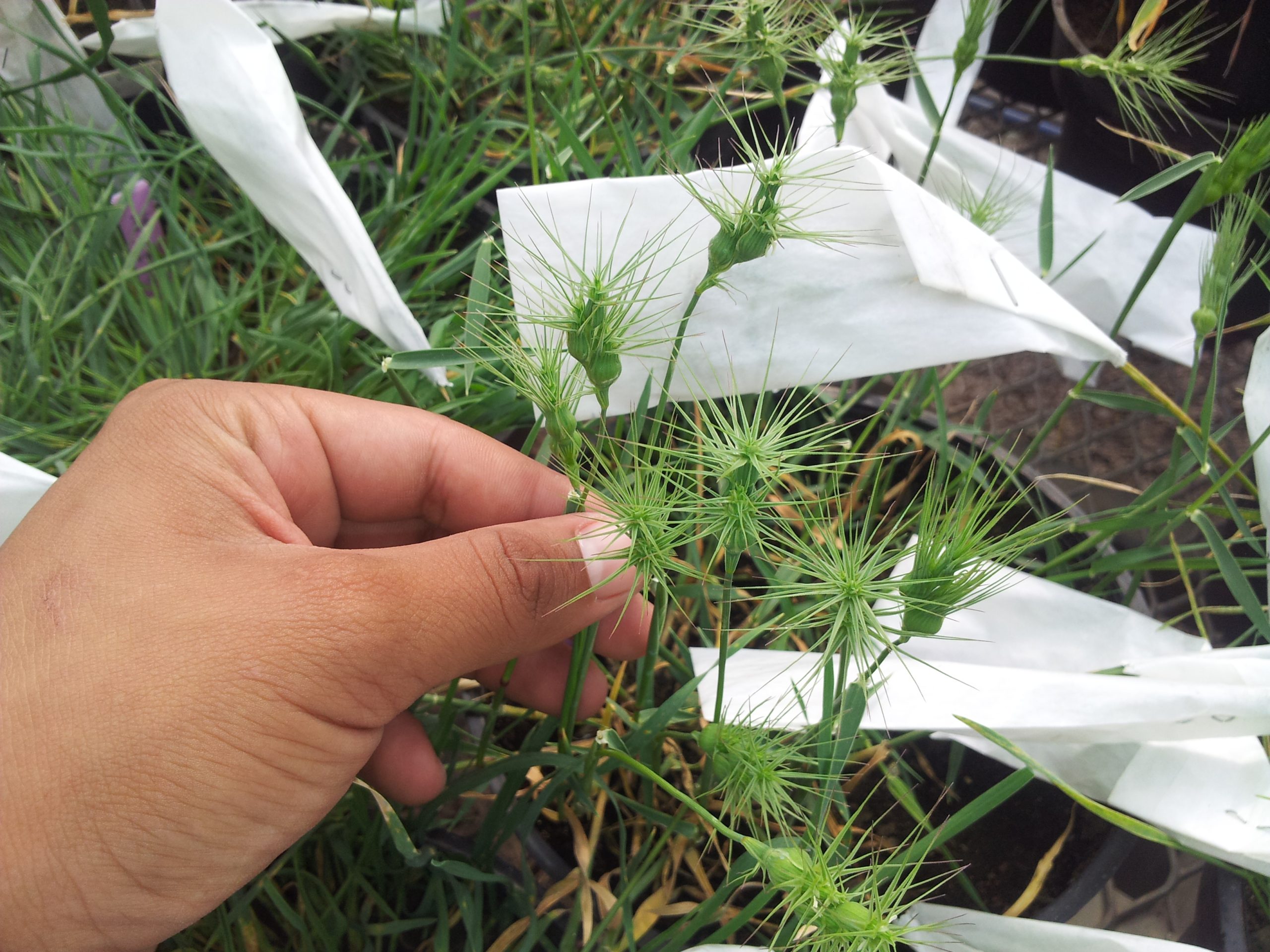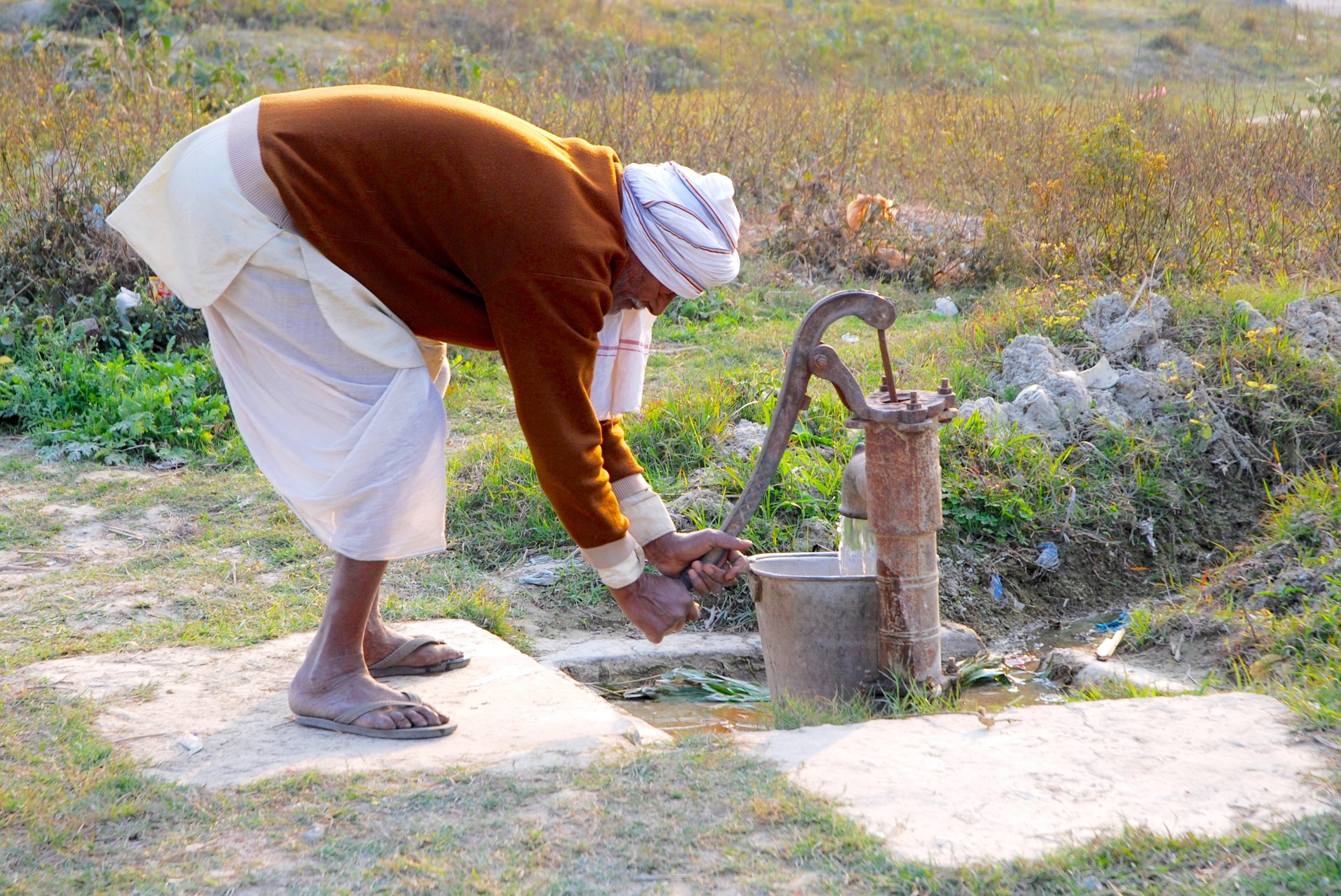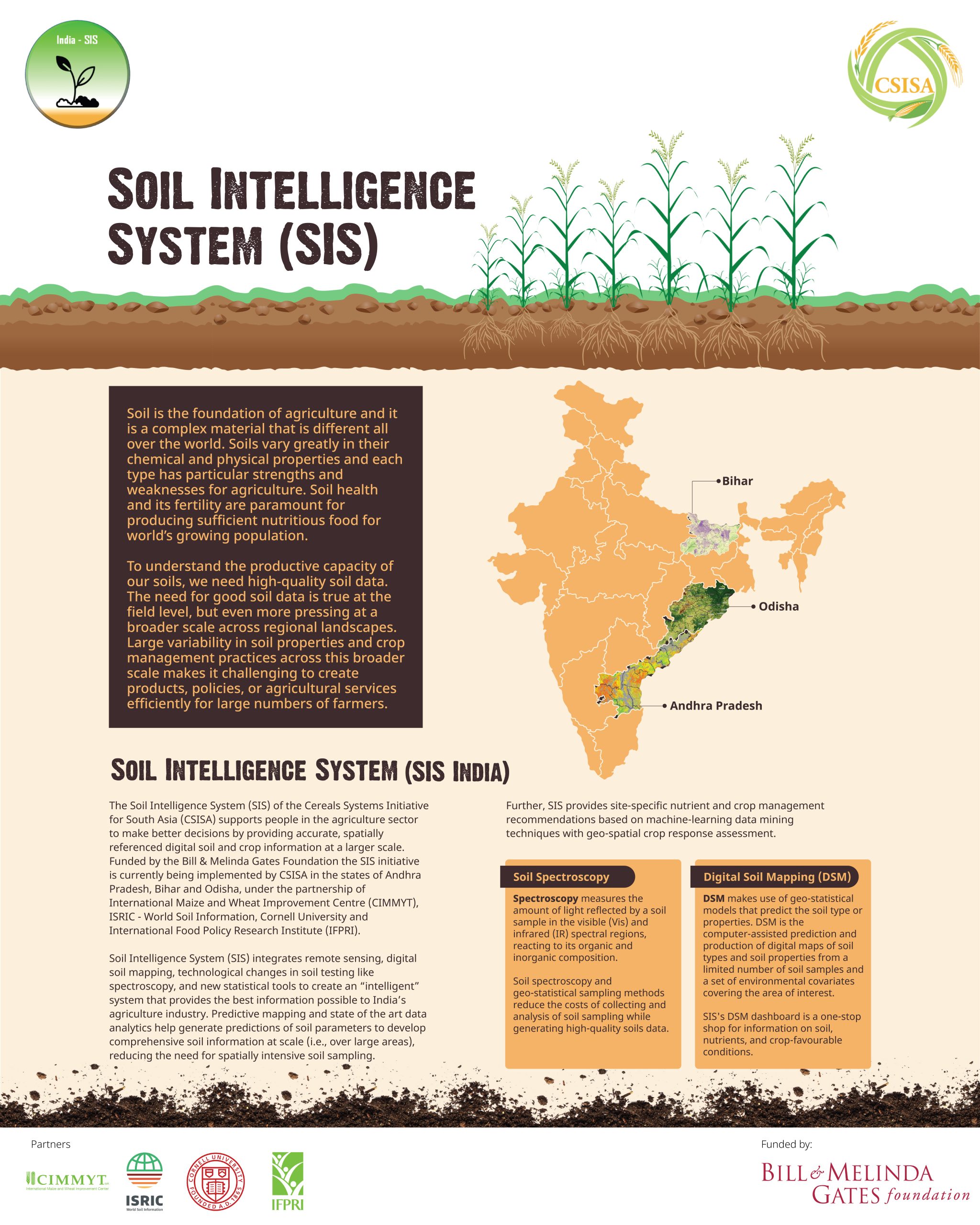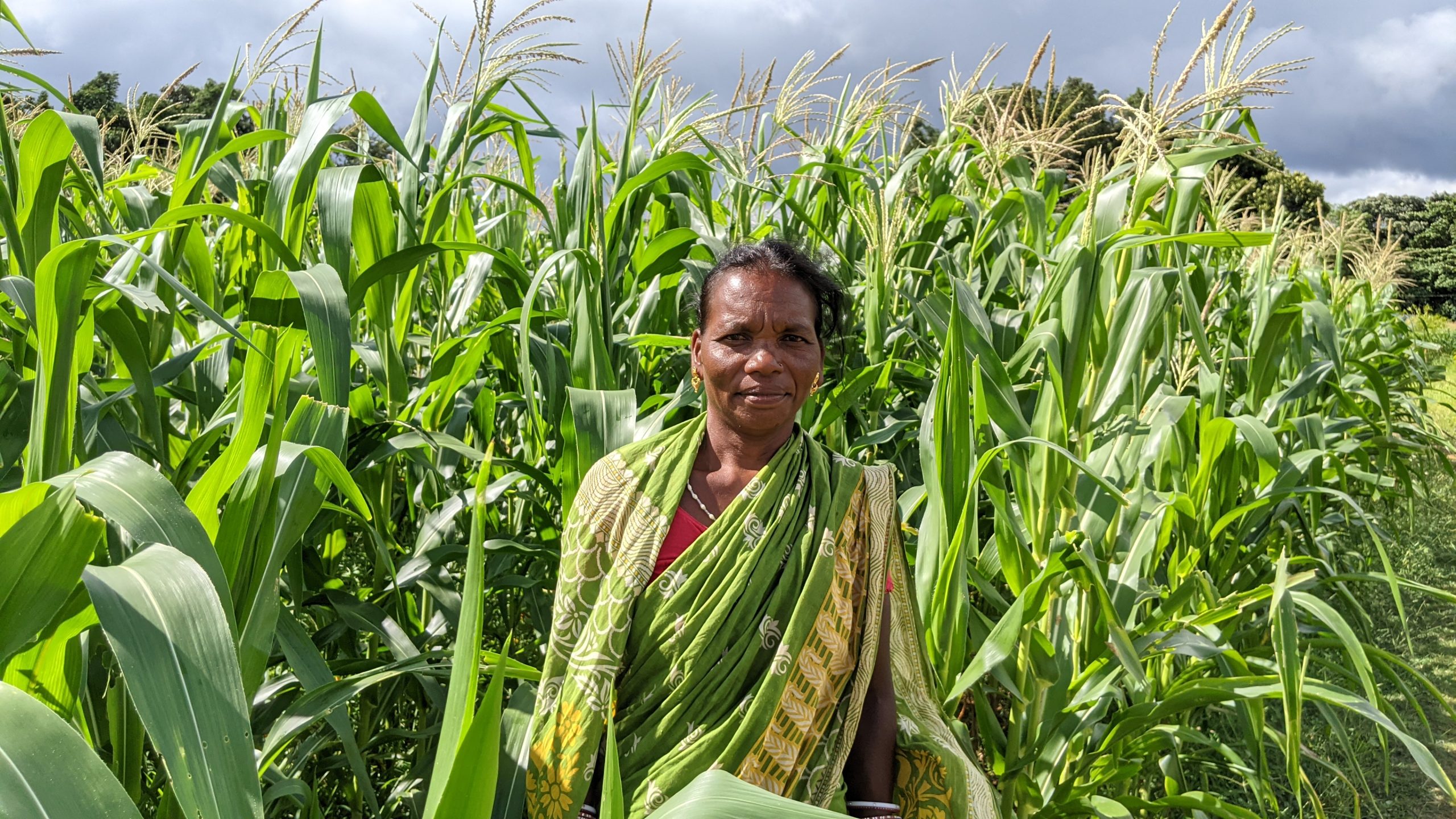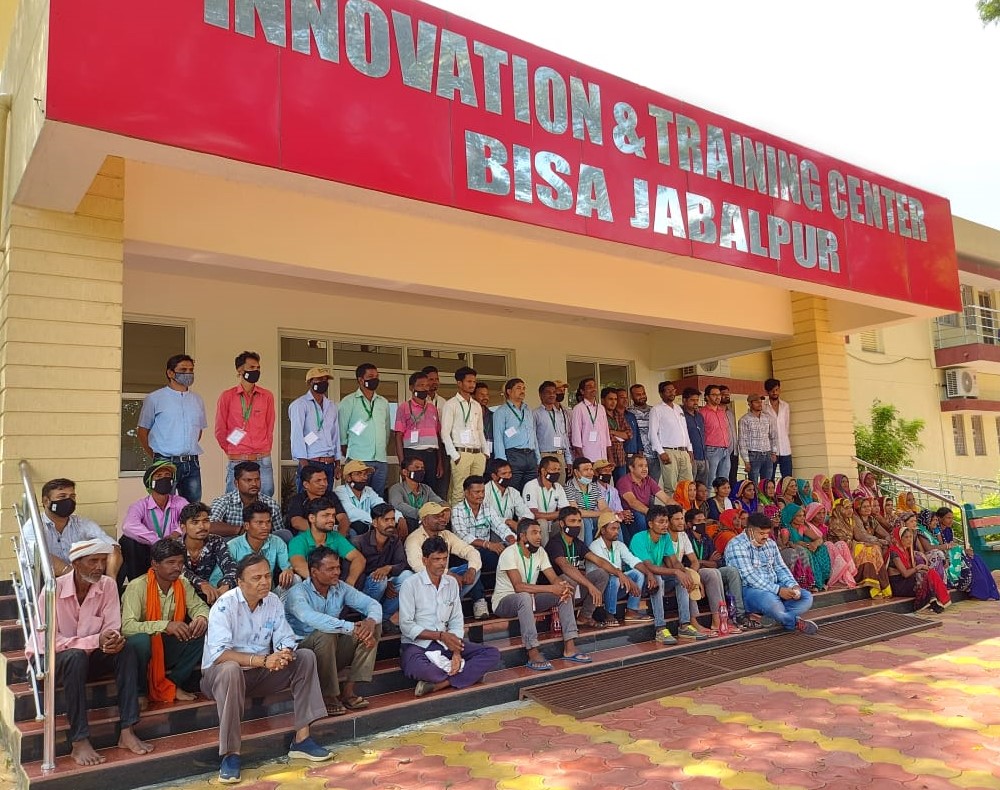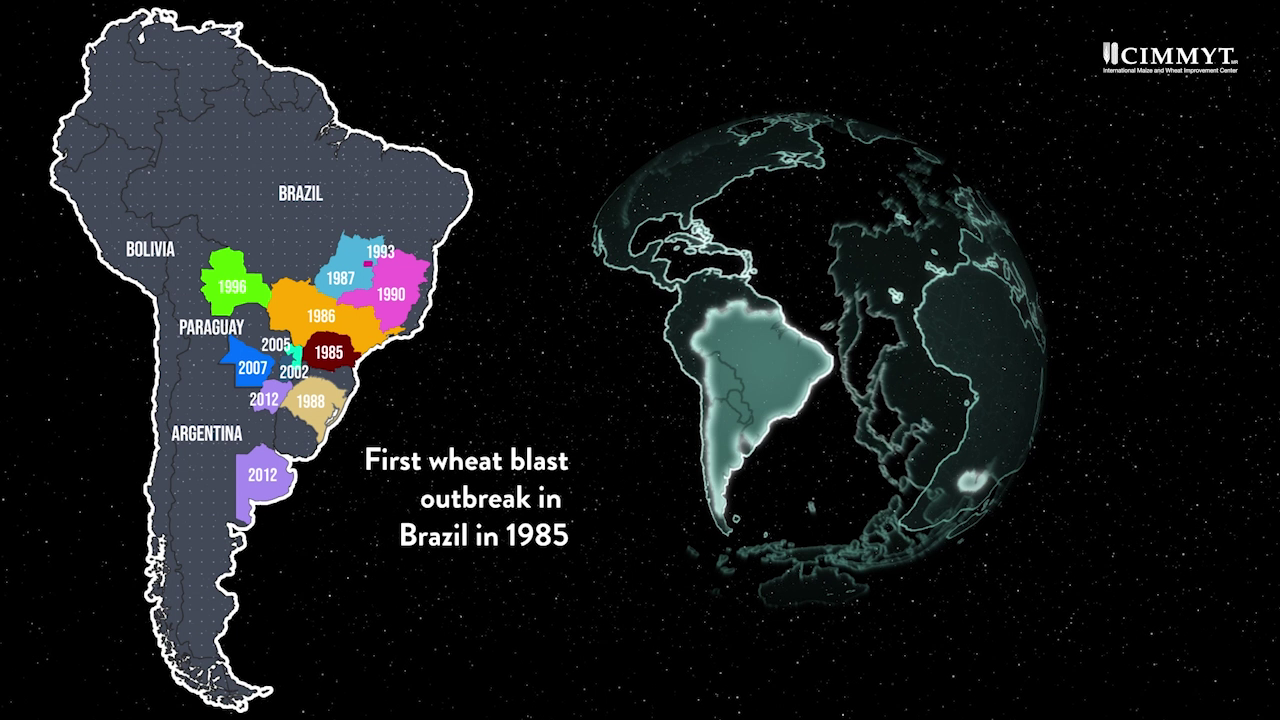India
For more information, contact CIMMYT’s India office.
Being the change you wanted to see as a young girl
 Capacity development
Capacity development
Agricultural scientist Madhulika Singh shares her experience as the first woman in STEM in her family and in her society in Bihar, India.
CIMMYT scientist receives award for weed research
 Environmental health and biodiversity
Environmental health and biodiversity
Ram Kanwar Malik named Honorary Member by the Weed Science Society of America for research on herbicide-resistant weed Phalaris minor affecting wheat crops.
Bending gender norms: women’s engagement in agriculture
 Gender equality, youth and social inclusion
Gender equality, youth and social inclusion
On International Day of Women and Girls in Science, we spoke to Pragya Timsina about how women’s participation in agriculture is evolving across the Eastern Gangetic Plains and her findings which will be included in a paper coming out later this year: ‘Necessity as a driver of bending agricultural gender norms in South Asia’.
Q&A: Spotlighting gender mainstreaming in agriculture
 Gender equality, youth and social inclusion
Gender equality, youth and social inclusion
New research explores how the adoption of Climate-Smart Agricultural Practices can help address environmental issues, reduce out-migration, and ensure household food security.
Wheat titan honored posthumously by India
 Climate adaptation and mitigation
Climate adaptation and mitigation
Sanjaya Rajaram, former CIMMYT Wheat Program Director, has been recognized with the Padma Bhushan Award for his contributions to wheat improvement worldwide.
Meet The Indian Researcher Helping To Solve The Deadly Aflatoxin Puzzle
 Nutrition, health and food security
Nutrition, health and food security
Source: Forbes (29 Dec 2022)
Pooja Bhatnagar-Mathur, a Principal Scientist at CIMMYT, says aflatoxin, a toxin produced from soil fungus and found in groundnuts like peanuts, is a serious public health and food safety problem around the globe.
State-of-the-art maize doubled haploid facility inaugurated in India
 Innovations
Innovations
The facility will offer maize doubled haploid production services to public and private sector partners in South Asia.
Bringing wild wheat’s untapped diversity into elite lines
 Environmental health and biodiversity
Environmental health and biodiversity
Researchers hypothesized that many wild wheat accessions in genebanks feature useful traits that can help diversify breeding programs.
Ending rice-wheat monopoly can ease Delhi woes
 Climate adaptation and mitigation
Climate adaptation and mitigation
Source: The Times of India (13 Nov 2021)
ML Jat speaks with The Times of India about the work of CIMMYT and its partners on diversification and carbon credits—two futuristic ways to reduce greenhouse gas emissions from agriculture in India.
Less water for better crops
 Innovations
Innovations
Researchers explore how coupling automation with drip irrigation can enhance water use efficiency and productivity, especially in South Asia’s cereal-based systems.
The Baigas’ Resilient Alternative to Plantation Agriculture
 Climate adaptation and mitigation
Climate adaptation and mitigation
Source: The Citizen (8 Nov 2021)
ML Jat points out some advantages of the bewar system, a climate-resilient alternative to plantation agriculture in India.
New CSISA Infographic highlights the impact of the CIMMYT’s Soil Intelligence System (SIS)
 Environmental health and biodiversity
Environmental health and biodiversity
SIS currently implemented in three states in India helps generate robust soil health data to support soil management and agriculture interventions.
It’s Rural Women’s Day, from dawn to dusk
 Capacity development
Capacity development
A day in the life of a farmer in India’s Odisha state, part of tribal community that has long lived off the land.
Celebrating 10 years of the Borlaug Institute for South Asia
 Capacity development
Capacity development
BISA staff and partners gathered across India and online to mark a decade of excellence in science and partnerships, and to set ambitious goals for the coming years.
Taming wheat blast
 Environmental health and biodiversity
Environmental health and biodiversity
Researchers point out the future of the disease, the ways to manage it and prevent it from spreading — within and across continents.
